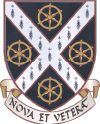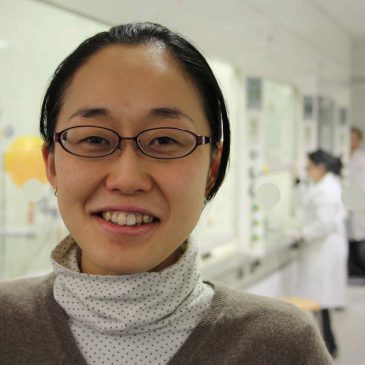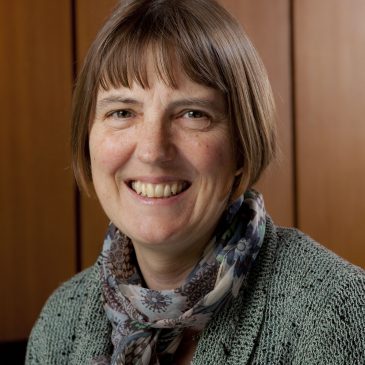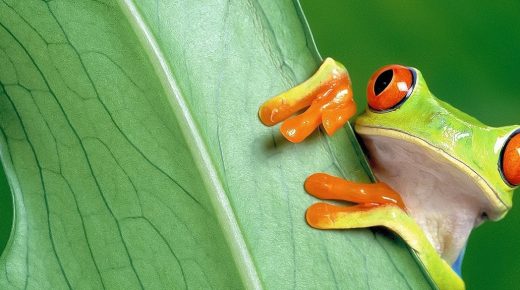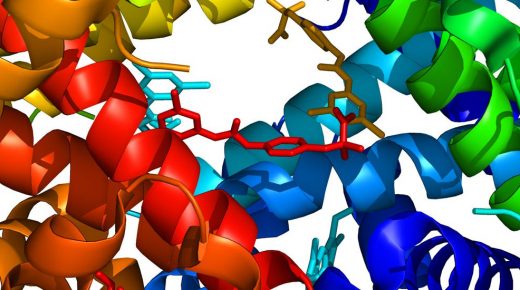Why is St Catherine’s a particularly good college to choose for Biochemistry?
We have a thriving and inclusive Biochemistry community, which is increasing in number from 4 per year to 6-7 students per year as a result of obtaining a second University lectureship in this fast-moving subject. This will provide additional specialised teaching and expand our already vibrant community and alumni network.
Professor Penny Handford is responsible for overseeing academic tuition and also provides pastoral support as well as teaching a range of topics during the first three years of the course. Professor Handford is actively involved in all aspects of the Departmental course (Course co-ordinator of 1st year theme Cellular Biochemistry, delivery of 1st and 2nd year lectures and examining/assessing of 1st, 3rd and 4th years). Teaching is also exchanged between colleges to ensure that students are taught across the curriculum by experts in a particular field.
Cross talk and feedback is encouraged between year groups, which improves study skills and helps inform tutorial choice.
St Catherine’s College itself is conveniently located in a beautiful rural-like setting and yet is one of the closest colleges to the Department of Biochemistry, located only 5 – 10 minutes away by foot. This creates an inspiring environment for Biochemistry students to reach their potential. We also encourage a healthy work/life balance through the College’s clubs, societies, charitable events and active Junior Common Room!
Subject-specific events throughout the year include a Freshers’ welcome party, a faculty dinner, and 4th year research project presentation evening. We also have a table at Catz Night, a major college event.
What skills do undergraduates acquire in their first year of Biochemistry?
Undergraduates become skilled in scientific writing, data analysis, problem solving and communication. They also develop independent learning strategies and very good time management skills.
What are the current Biochemistry tutors’ specialisms and research interests?
The Notch pathway is a core signal transduction pathway with important roles in all aspects of cell biology. Many human genetic diseases and cancers arise as a result of pathway defects. Professor Penny Handford’s research has investigated how the Notch signal is generated and regulated in health and disease identifying key molecular features, and is predominantly funded by the Medical Research Council.
What have Catz Biochemistry students chosen to do after graduation?
Approximately 50% of our students continue in Biochemistry research, usually obtaining competitive DPhil/PhD places. The other 50% go on to management consultancy, banking, teaching, scientific civil service, accountancy, biotech/pharma and NGOs. Our biochemists are highly valued as they acquire many of the transferable skills employers look for. These alumni also form a supportive invaluable network for Catz biochemists to provide advice and guidance on career choice.
